
A news conference on issues such as development and reform, the fiscal budget, commerce, finance and securities is held in Beijing on Wednesday on the sidelines of the second session of the 14th National People's Congress. (ZHANG WEI/CHINA DAILY)
China is confident that it can sustain the sound fundamentals of foreign trade, with exports climbing the value chain and the import market presenting greater opportunities amid the complex global economic environment and uncertainties, Commerce Minister Wang Wentao said on Wednesday.
Positive signs have emerged as China's foreign trade sector maintained its growth momentum in the first two months of the year, Wang said at a news conference during the annual session of the country's top legislature. Many enterprises are venturing abroad to participate in trade shows and expand their market presence, he added.
The development of foreign trade is supported by a strengthened industrial base, abundant resources and enhanced innovation capabilities, enabling more exports of higher value-added goods. Meanwhile, China's proactive approach to further opening up its markets has contributed to the expansion of import opportunities, Wang said.
However, factors such as sluggish global economic growth, increasing trade protectionism and rising geopolitical tensions have all contributed to the severity of the foreign trade situation, he added.
A report by the International Monetary Fund indicated that about 3,000 restrictive trade measures were implemented globally in 2023, a significant increase from the 1,100 measures in 2019. The World Trade Organization has forecast a meager 3.3 percent year-on-year growth in global merchandise trade volume for this year, well below the historical average of 4.9 percent.
In the near term, strengthened financial services for foreign trade, continued promotion of trade fairs and the streamlined visa process for businesspeople are among key favorable policies that are part of the country's efforts to address the difficulties and uncertainties faced by the foreign trade sector, Wang said.
Looking to the medium and long term, the key focus for China is to nurture new drivers for foreign trade and propel high-quality development in the sector. Expanding the volume of intermediate goods trade, facilitating cross-border e-commerce exports, enhancing trade digitization and advancing green development are also high on the agenda, Wang added.
China's export situation, according to a report by CITIC Securities released in January, is expected to witness a reversal in 2024, with an estimated growth rate of around 2 percent for the entire year.
Diversifying export markets is key to reducing dependence on any single market and mitigating the effects of sluggish external demand. Liu Xiangdong, a researcher at the China Center for International Economic Exchanges, said leveraging e-commerce platforms can help Chinese businesses adapt to changing market dynamics and expand their global reach.
In addition to foreign trade, China will also adopt more forceful and well-focused measures to boost consumption, a key growth driver that contributed 82.5 percent to the country's GDP growth in 2023, Wang said.
This year's consumption stimulus initiatives in China will place high premiums on promoting trade in consumer goods and boosting services consumption, Wang said.
China's automotive, household appliances and decoration and furnishings sectors have significant potential for replacement demand, Wang said. On average, around 270 million household appliances exceed their recommended safe usage period each year, he added.
Meanwhile, there is still immense potential for the growth of China's services consumption, as this sector has experienced rapid development over the past decade, Wang said, noting the proportion of per capita spending on services jumping from 39.7 percent in 2013 to 45.2 percent last year.








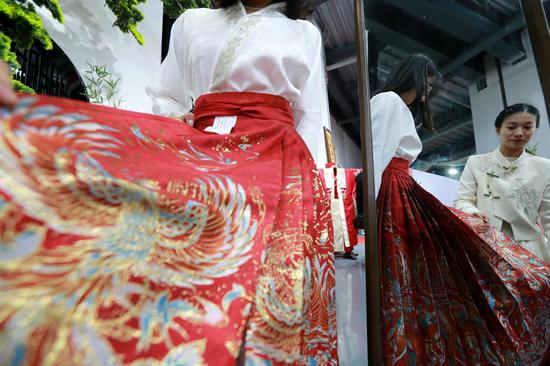


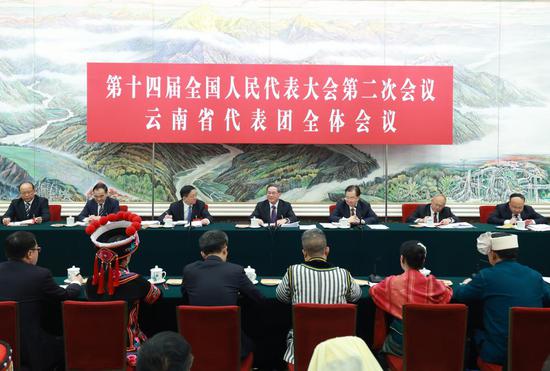
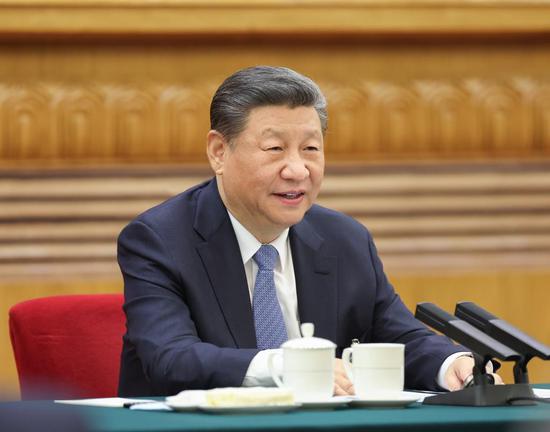
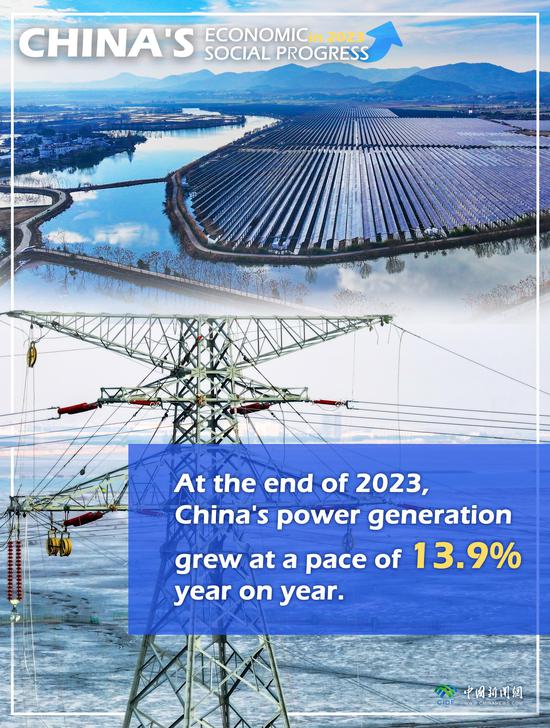
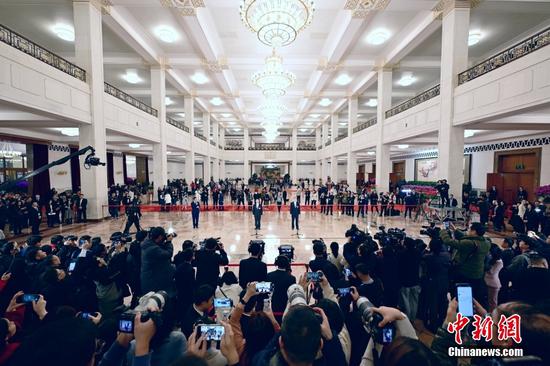
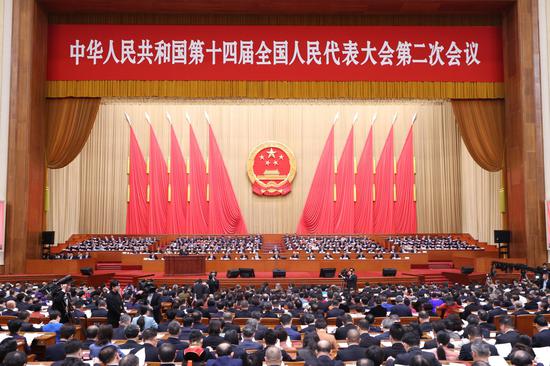

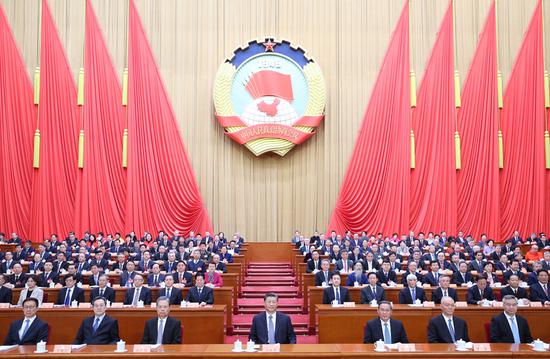
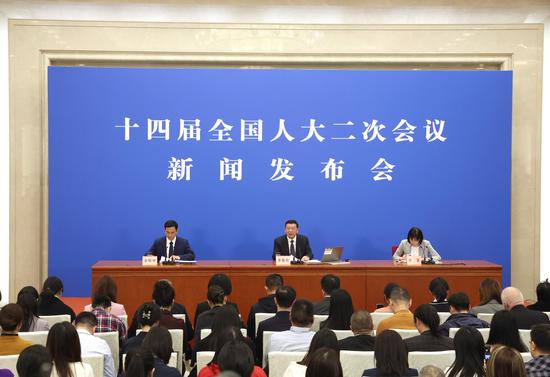





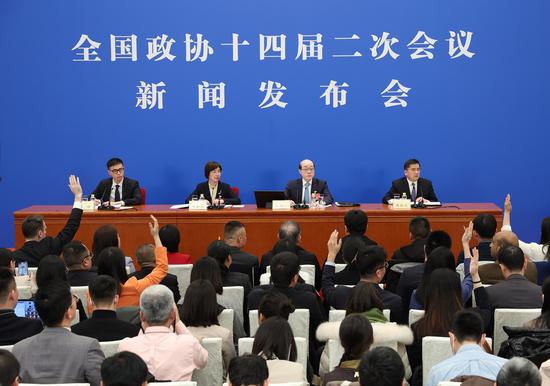


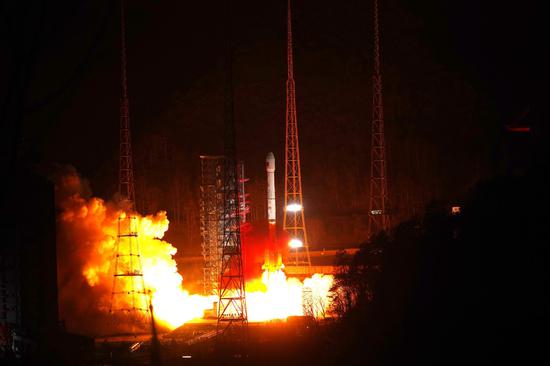
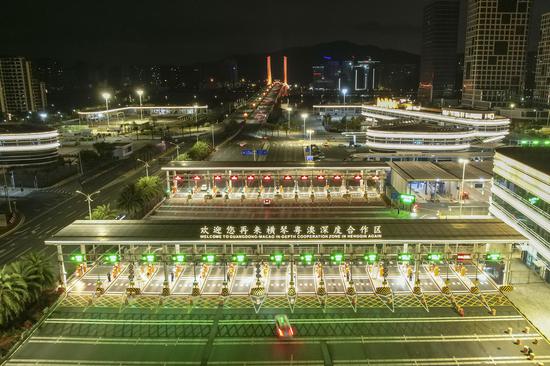







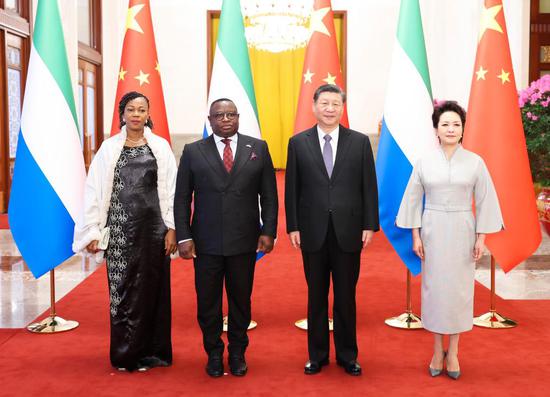

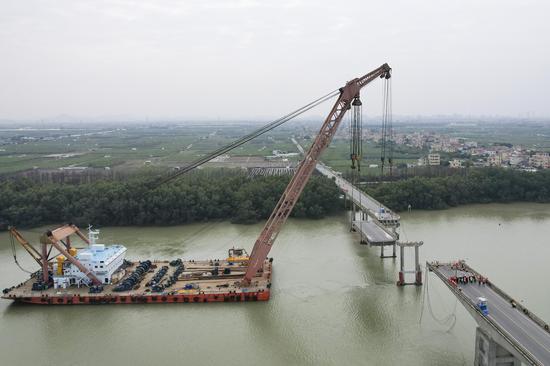
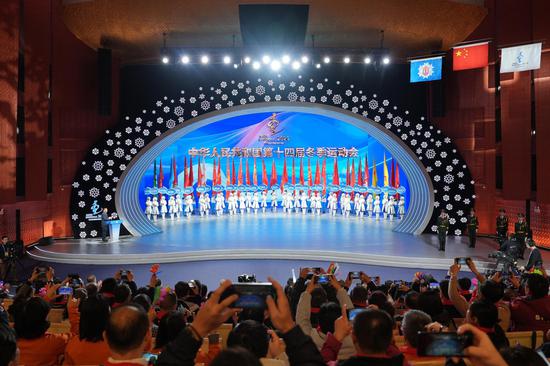


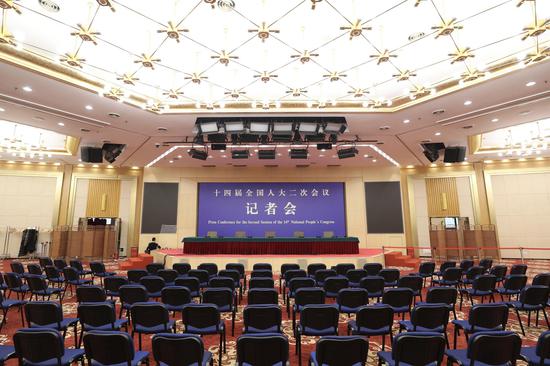
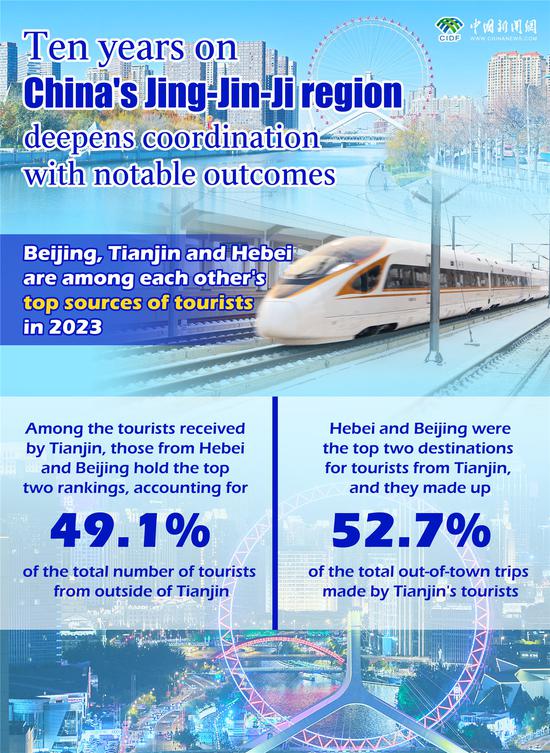
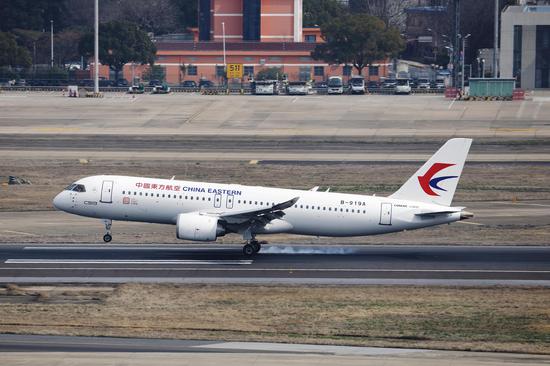





 京公网安备 11010202009201号
京公网安备 11010202009201号